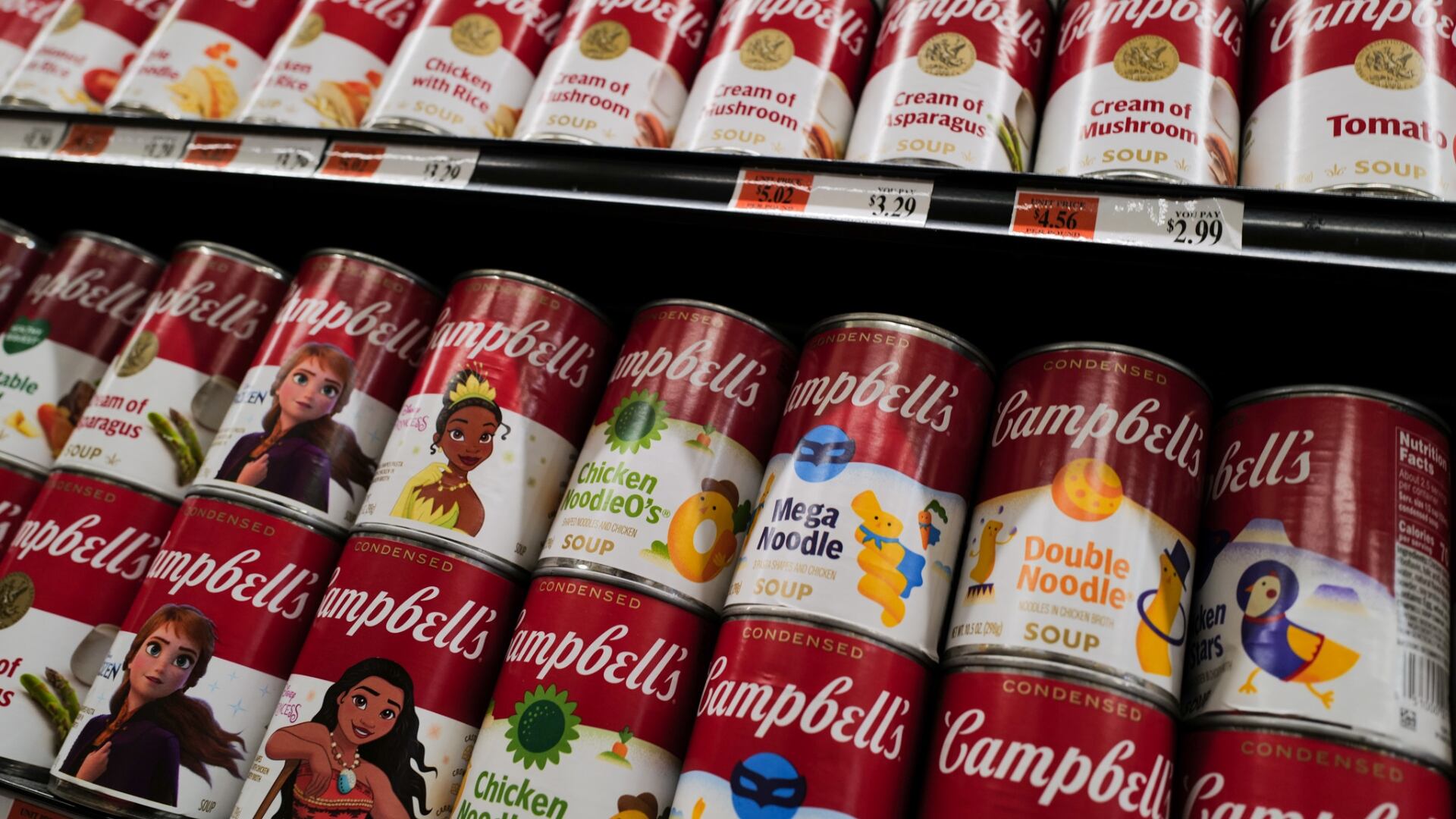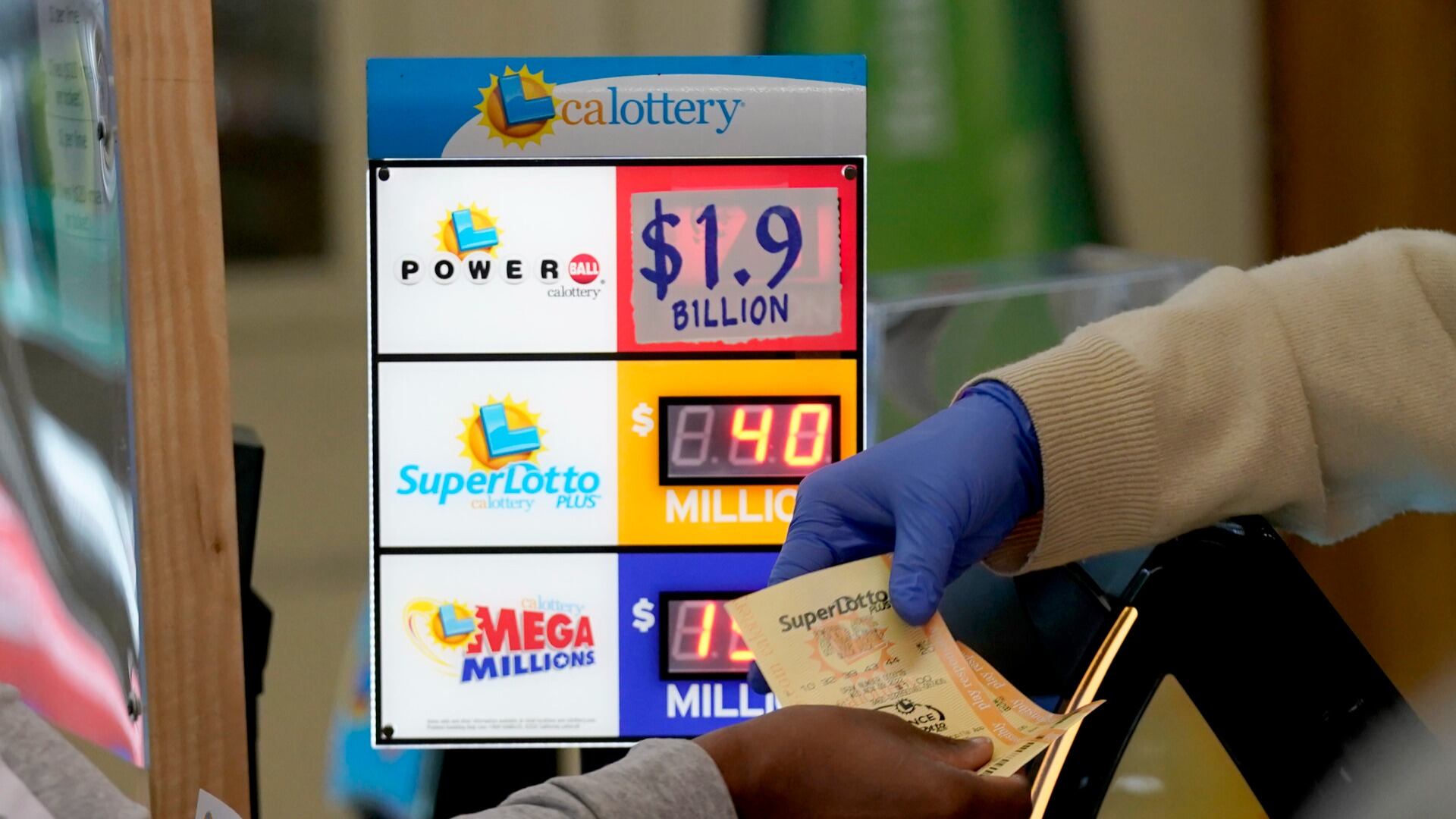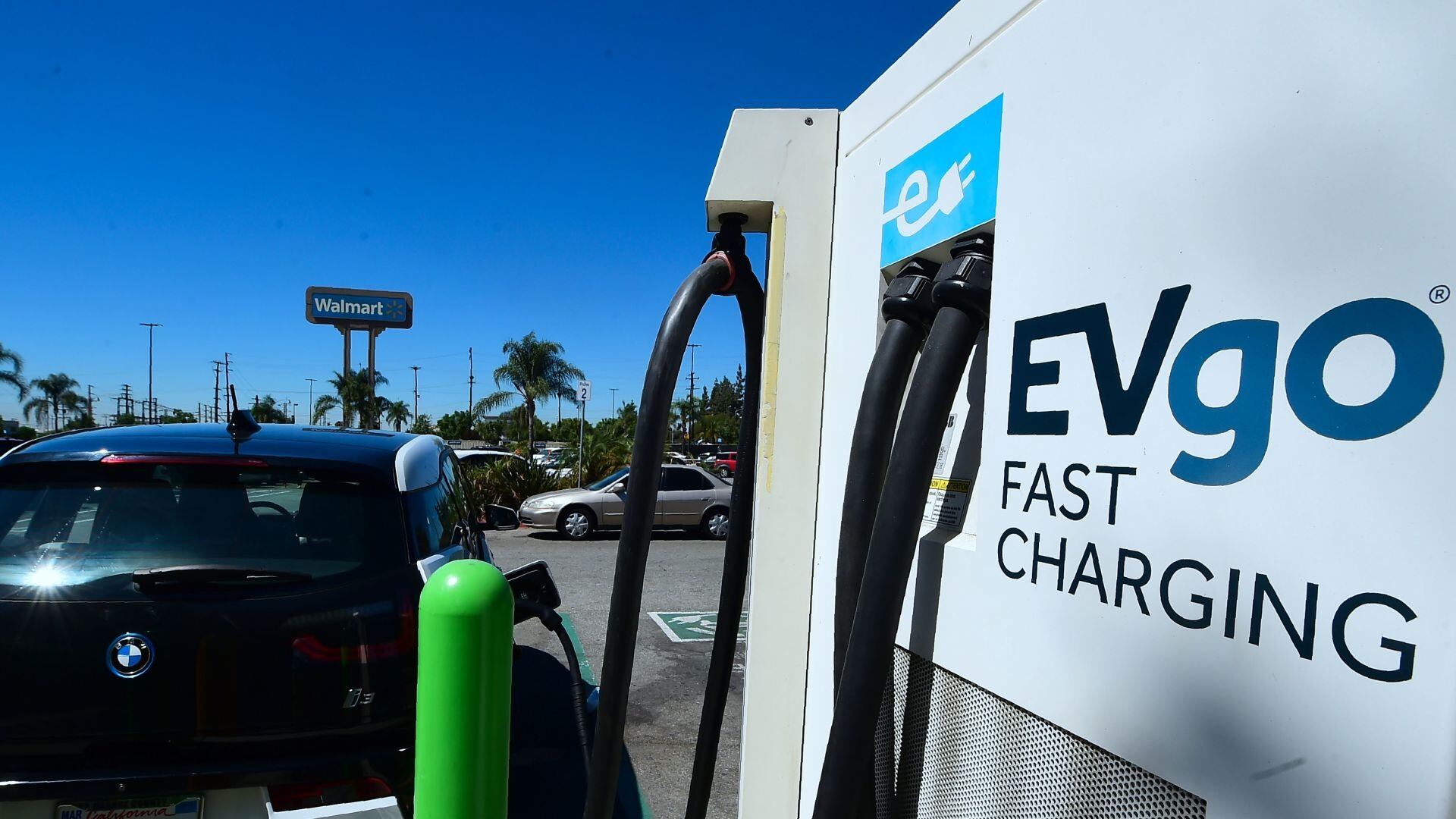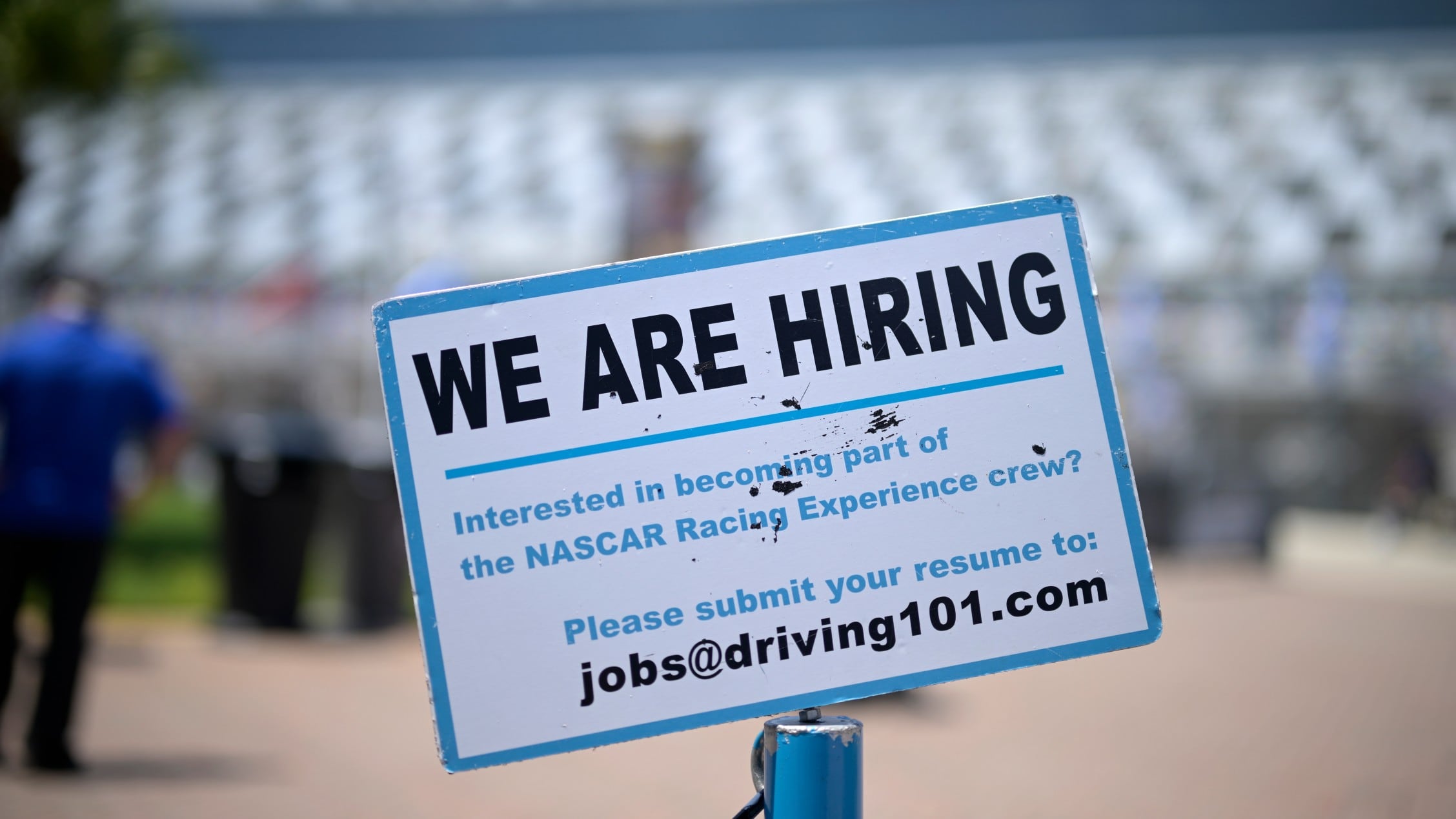Microsoft on Thursday announced a “moonshot” plan to not only zero-out its heat-trapping carbon emissions but to remove more greenhouse gas than it generates by 2030.
The company, which remains one of the most valuable in the world along with Apple and Amazon, also plans by midcentury to remove the equivalent of all the carbon it’s ever generated – either directly or through its electricity consumption – since its launch in 1975.
“The scientific consensus is clear,” Microsoft president Brad Smith said in a statement announcing the move. “The world confronts an urgent carbon problem. The carbon in our atmosphere has created a blanket of gas that traps heat and is changing the world’s climate. Already, the planet’s temperature has risen by 1 degree centigrade. If we don’t curb emissions, and temperatures continue to climb, science tells us that the results will be catastrophic.”
A host of multinational corporations in recent years have made high-profile pledges to go “carbon neutral” or “net-zero,” in part by cutting their actual emissions – such as by converting to more efficient types of transportation; buying electricity from renewable resources like solar and wind; or by buying so-called carbon offsets to support programs that reduce, absorb or avoid greenhouse emissions.
JetBlue, for example announced last week that it plans to become carbon neutral by using a type of “sustainable aviation fuel” for certain flights, and by investing in offsets that support forestry and tree-planting programs and efforts to capture potent methane emissions from landfills.
Microsoft, by contrast, in seeking to go not merely carbon neutral or net-zero, but what’s known as “carbon-negative,” is joining a far smaller group of companies that have made a similarly ambitious pledge. And its plan to effectively eliminate its all-time emissions footprint appears to be a first, at least by a major multinational corporation.
“This is a bold bet — a moonshot — for Microsoft. And it will need to become a moonshot for the world,” Smith said.
The company is employing a range of strategies: It plans to draw all of its power from renewable energy, upgrade its buildings, electrify its campuses’ vehicle fleets around the world. It’s implementing what it’s calling an “internal carbon tax” on every Microsoft division’s greenhouse gas emissions to encourage each section of the company to cut its pollution.
And as it aims to effectively remove all of its emission dating back to 1975, Microsoft is also investing in what’s known as soil carbon sequestration, which helps remove carbon dioxide from the atmosphere. It’s also looking to new energy sources that are equipped with devices to capture the emissions they generate and even “direct air capture” technology – still in development – that designers hope will be able to remove carbon from the ambient air.
In spite of the climate effort, Microsoft has acknowledged that the conglomerate will continue to work with fossil fuel companies, a decision that has faced criticism from within the company’s ranks.
“Microsoft executives aren’t going to give up on the billions of dollars to be made from Big Oil, especially if it helps them win more of the coveted cloud market,” an anonymous author, who said that he worked for Microsoft, wrote in a December article in the tech print magazine, Logic. “Microsoft appears to be committed to fighting climate change. Google has constructed a similar reputation. But in reality, these companies are doing just enough to keep their critics distracted while teaming up with the industry that is at the root of the climate crisis.”
Microsoft’s Smith, in an interview with The Washington Post, sought to cast the company’s ongoing work with oil and gas firms in a different light, saying that in working with the fossil fuel industry, Microsoft hopes to help the companies transition to cleaner energy sources.
“We are a company that wants to solve problems by working with people and by helping them make the transitions the world needs to make, rather than by cutting them off and denying them tech writ large,” Smith said.












